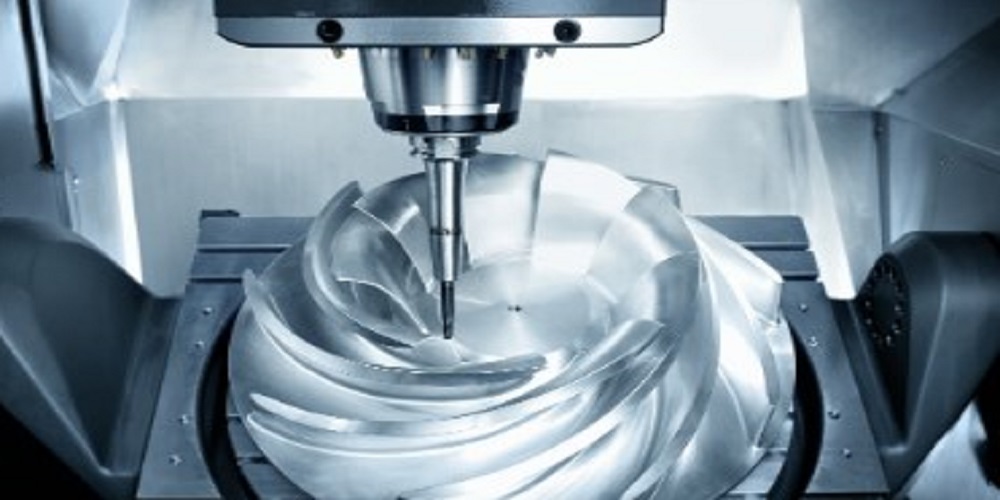The whole manufacturing process and costs in CNC machining depend upon the raw material used. Knowing the product's properties required to choose the raw material is necessary. You can read more about ddprototype in the following section; this may help you select the material for CNC machining.
Commonly, stainless steel and aluminum are used in the manufacturing process. Both these metals have similarities, and at the same time, there are some striking differences too. Both these metals are used in various appliances and have multiple features in daily life. Following is the description of a comparison between stainless steel and aluminum;
Corrosion resistance:
Stainless steel alloys contain chromium and other metals. Chromium forms a protective coating over steel and passivizes the effect of corrosion. It acts as a self-healing function and is beneficial for medical instruments and devices. At the same time, aluminum alloys are also corrosion-resistant because of the oxide layer present on the surface. Furthermore, the finishing of aluminum prototypes is accompanied by the anodizing process. This process also renders aluminum passive against corrosion.
Electrical and thermal conductivity:
Aluminum has high electrical and thermal conductivity as compared to stainless steel. Aluminum has 10 times higher electrical conductivity than stainless steel. That is why aluminum wires are used to transmit electricity through long distances.
In the case of thermal conductivity, aluminum is the best-used metal for heat sinks, radiators and air conditioners. Aluminum has more excellent thermal conductivity than stainless steel. However, it is preferable to use stainless steel where high-temperature work is required. Aluminum may melt at a temperature higher than 400 degrees centigrade.
Relationship between weight and durability:
Aluminum is a lightweight metal and has vast applications in the field of the automotive industry. CNC aluminum machining makes durable components for machine parts. In comparison, stainless steel has a density three times greater than the density of aluminum. It is hard and strong; if you are looking for a vital, not easily breakable component, you can use stainless steel for your project.
Which material can be processed quickly?
Stainless steel is more hard and dense, so it takes a lot of time while CNC machining and increases the machine's working hours. Aluminum is a soft metal compared to steel and is chipped easily in the machine into various required shapes. If you want to reduce the machine's working hours and want a quick output, you can use CNC aluminum machining.
If your machine is manufactured for welding, it is necessary to consider the material's properties. Stainless steel can bear high power processes, but you must be careful with aluminum. Aluminum can be used for welding, but there is a risk that it may break during the process.
Which material can be used to economize the process?
Stainless steel is a high-quality and expensive metal that offers several exceptional features. Its formability requires long working hours of CNC machining, which increases the cost of the process. General factory overhead costs for fuel and electricity increase.
On the other hand, aluminum is cheap and a soft metal; it can quickly be processed into the desired form. If you want to lower the cost of the whole process, you should use aluminum, as it also offers significant characteristics.
You can use both of these metals depending on which characteristics and features you want in your component.


